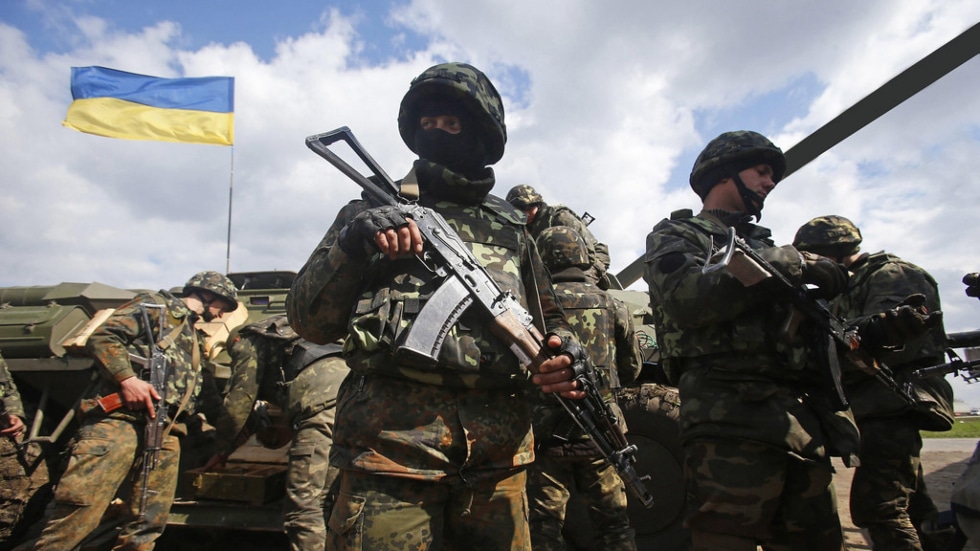Amid mounting pressure to step up military aid to Ukraine, German Chancellor Olaf Scholz warned that major involvement in the conflict risks escalation that could ultimately kick off a nuclear exchange with Russia.
During an interview with Der Spiegel on Friday, Scholz was repeatedly pressed to explain the government’s reluctance to send heavy weapons into the Ukrainian warzone, as a number of Western allies have already done. Though Berlin has devoted military aid to Kiev since Russia’s invasion began in late February, the chancellor cautioned that such intervention could make Germany a direct belligerent in the conflict.
“We need a cool head and carefully considered decisions, because our country bears responsibility for peace and security throughout Europe. I do not think it is justifiable for Germany and NATO to become parties to the war in Ukraine,” he said. “There is no textbook for this situation in which you could read about the point at which we are perceived as a war party.”
I said very early on that we must do everything possible to avoid a direct military confrontation between NATO and a highly armed superpower like Russia, a nuclear power. I am doing everything I can to prevent an escalation that would lead to a third world war. There cannot be a nuclear war.
Germany’s decision to send military aid to Ukraine in February broke with a long-standing policy against arms shipments into active conflict zones, what Scholz dubbed a “profound change of course.” Though officials have confirmed sending anti-tank weapons, anti-aircraft systems, artillery, ammunition and other gear, they have refused to disclose the full contents of some shipments.
However, despite Scholz’s public opposition to heavier military aid, Foreign Minister Annalena Baerbock indicated last week that Berlin would provide Leopard battle tanks to Ukraine, even saying Germany would train local troops on how to operate them.
Germany has also agreed to a weapons swap arrangement that will see Ukraine furnished with T-72 battle tanks from Slovenia, offering to send its own Marder tanks and Fuchs armored personnel carriers as replacements.
Though Berlin retains some control over exports of German-made weapons from allied states, it has authorized several shipments from Estonia and the Netherlands, including howitzers and RPGs. According to a senior official cited by Bloomberg last week, the government will also soon allow the Netherlands to ship Panzerhaubitze 2000 rapid-fire artillery systems to Ukraine, and will provide ammunition and training for the platform.
Scholz has come under intense pressure to boost support for Kiev’s war effort, including from members of his own ruling coalition, with both the Greens and the liberal-centrist Free Democratic Party urging for the delivery of heavy weapons in recent days. The opposition Christian Democratic Union Party has vowed to go further, saying on Friday that it would introduce a motion for “immediate” heavy arms shipments, including tanks and larger artillery.
The chancellor has also faced harsh criticism from neighboring states over his stance on the conflict – chief among them Poland – while Ukraine itself recently canceled a planned meeting between German President Frank-Walter Steinmeier and his Ukrainian counterpart Volodymyr Zelensky, with one diplomat saying he is “not welcome in Kiev at the moment” due to alleged “close ties to Russia.”






